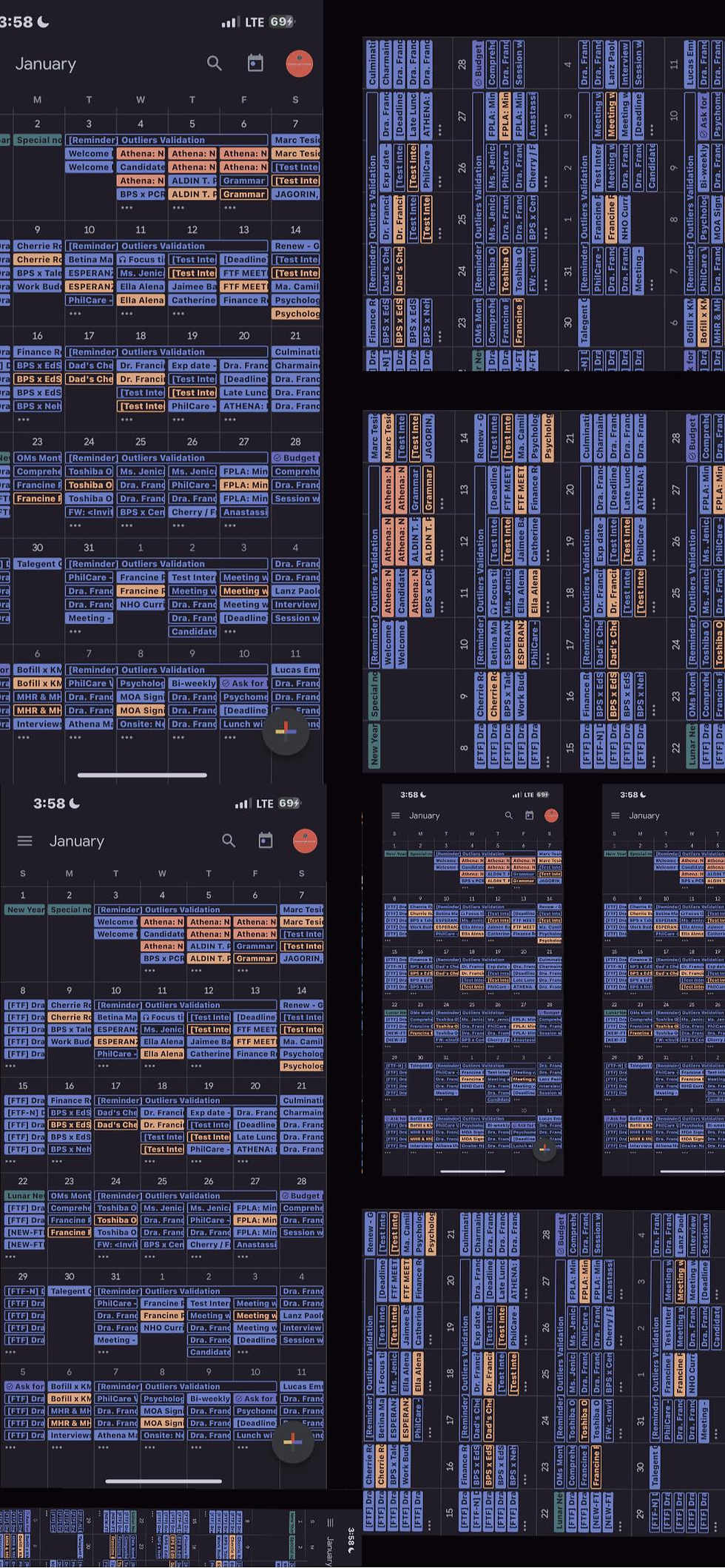Mental Health and Online Learning
- BANGAHAN IDHA WARFAHLY U.
- Oct 1, 2022
- 4 min read

Online learning enables the students to create their own spaces that are conducive to focus on the lessons, compared to the traditional classroom setting wherein their classmates’ chatter may be distracting. Aside from being protected from COVID-19, this online set-up has protected the students from bullying. Research has found that the majority of bullying among students occurs in traditional face-to-face classes (NCES, 2019). Bullies have almost no opportunity to pick on their classmates as they are easily monitored by their teachers during class. Students are rarely alone except for when the teacher conducts breakout rooms and leaves them with no supervision. The set-up has also given a chance for self-paced learning through asynchronous sessions using pre-recorded videos as well as modules. This gives the students the freedom to manage their time and catch up on their lessons at their own pace, preventing the pressure that is experienced during face-to-face classes where a student must be able to catch up with the rest of the class.
While online learning reduces learning costs and increases safety, most students still prefer the traditional face-to-face setup. According to a Pulse Asia poll, 62% of public school students wanted to go back to school (Tan, 2021). College students, especially those with a lot of practical and laboratory courses, have also expressed their longing for face-to-face classes. However, with the consistent increase of COVID-19 cases in the country, going back to a traditional classroom setup seems far ahead. Health allied courses that were approved for limited face-to-face classes were postponed due to new variants of the virus.
In the Philippines, people are fixated on graduating on time as most of the job opportunities in the country require educational attainment. Despite this, many students have opted for a leave of absence. The Department of Education has reported that 1.1 million students from Kindergarten to Grade 12 did not enroll for the academic year 2020 to 2021 (Hernando-Malipot, 2021). On the other hand, the Philippine Association of State Universities and Colleges reported that over 44,000 college students from 112 state universities and colleges (SUCs) in the Philippines did not enroll during this academic year as well (Mateo, 2020). While there is no specific number as to how many college students from private universities were unable to enroll, there are still reports about them taking a leave of absence (Bello, 2020).
One of the main reasons why students opt for a leave of absence is how the pandemic has been taking a toll on their mental health. Face-to-face classes offer students an opportunity to socialize and connect with their classmates, org mates, and other peers. Some may even rely on socialization as a means to release their stress from school. However, the online learning set-up has made students socially isolated and has deprived them of their coping mechanisms during the traditional set-up. This leaves them more at risk of loneliness, lack of motivation, and stress. Various studies have also found social isolation to cause negative effects on the mental health of individuals.
A psychological phenomenon called “zoom fatigue”, which has emerged during the pandemic is also being experienced by students (Dolan, 2021). This phenomenon is a result of prolonged video calls and conferences similar to when a student attends class every day for an hour. The lack of nonverbal cues during an online class required the student to focus more intently to be able to understand what the teacher is saying. In the same way, the students have to exaggerate their actions to make their teacher know that they are paying attention or agreeing to the discussion. Moreover, it was found that being able to see oneself constantly can cause fatigue as it is like going to school and having a mirror that constantly follows you around. On a normal set-up, students do not constantly see their reflections. Seeing a reflection of yourself may also cause you to be more critical of yourself, causing distraction and adding to stress and anxiety (Ramachandran, 2021). Other factors such as the abrupt transition to online learning, home stressors, and lack of boundaries between school and personal life also increase the mental health concerns of the students (Muñoz, 2021).
Even universities recognize these difficulties as they implement university-wide academic breaks, requested by the students especially when there is a surge in COVID-19 cases. The Department of Health has warned that increased feelings of isolation and health concerns may arise in this set-up. Having a routine and remaining physically active were suggested by the department to prevent these problems. As the pandemic continues and cases constantly increase, students need to establish healthy coping mechanisms to improve their mental health.
References:
Bello, R. (2020). Why did some students choose to file a leave of absence during the COVID crisis? Retrieved from https://cnnphilippines.com/life/culture/2020/12/10/leave-of-absence-school-pandemic.html
Dolan, E. (2021). The study suggests “Zoom fatigue” is a real psychological phenomenon — but there are three ways to help prevent it. Retrieved from https://www.psypost.org/2021/05/study-suggests-zoom-fatigue-is-a-real-
Psychological-phenomenon-but-there-are-three-ways-to-help-prevent-it-60752
Hernando-Malipot, M. (2021). DepEd: Only 1.1 million learners did not enroll this year. Retrieved from https://mb.com.ph/2021/03/01/deped-only-1-1-million-learners-did-not-enroll-this-year/
Mateo, J. (2020). 44,000 college students may be unable to enroll. Retrieved from https://www.philstar.com/headlines/2020/09/23/2044468/44000-college-students-may-be-unable-enroll
Muñoz, C. (2021). Mental Health Implications of Virtual Learning on Student Engagement. Retrieved from https://www.idra.org/resource-center/mental-health-implications-of-virtual-learning-on-student-engagement/
Ramachadran, V. (2021). Stanford researchers identify four causes for ‘Zoom fatigue’ and their simple fixes. Retrieved from https://news.stanford.edu/2021/02/23/four-causes-zoom-fatigue-solutions/
Tan, A. (2021). Limited face-to-face classes may start in September — DepEd. Retrieved from https://www.bworldonline.com/limited-face-to-face-classes-may-start-in-september-deped/




Comments